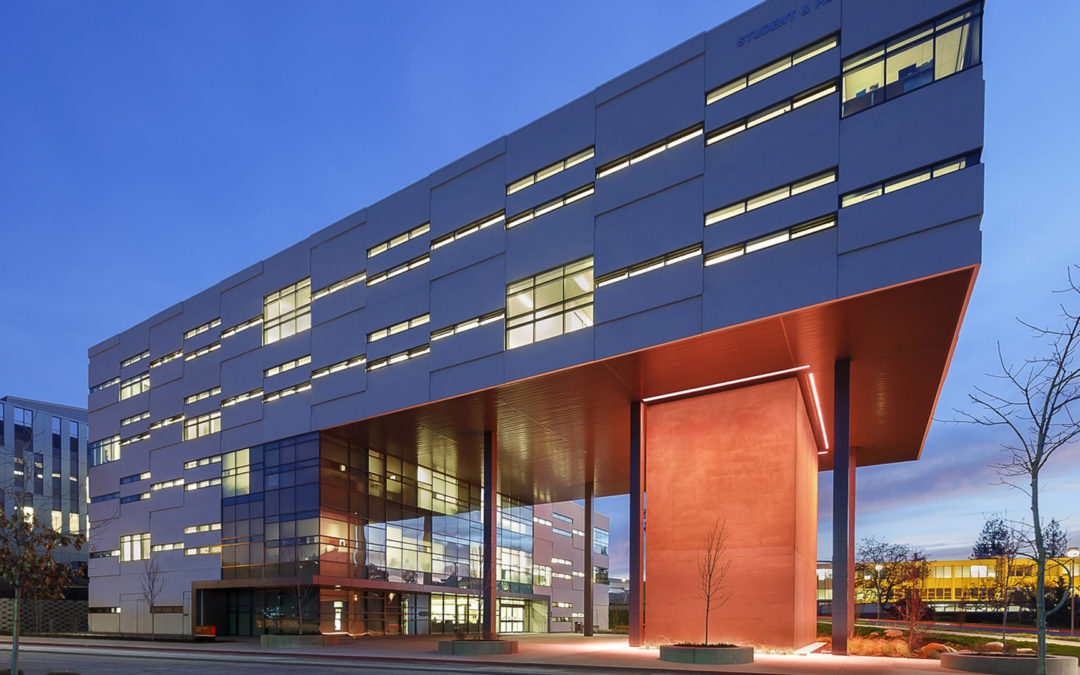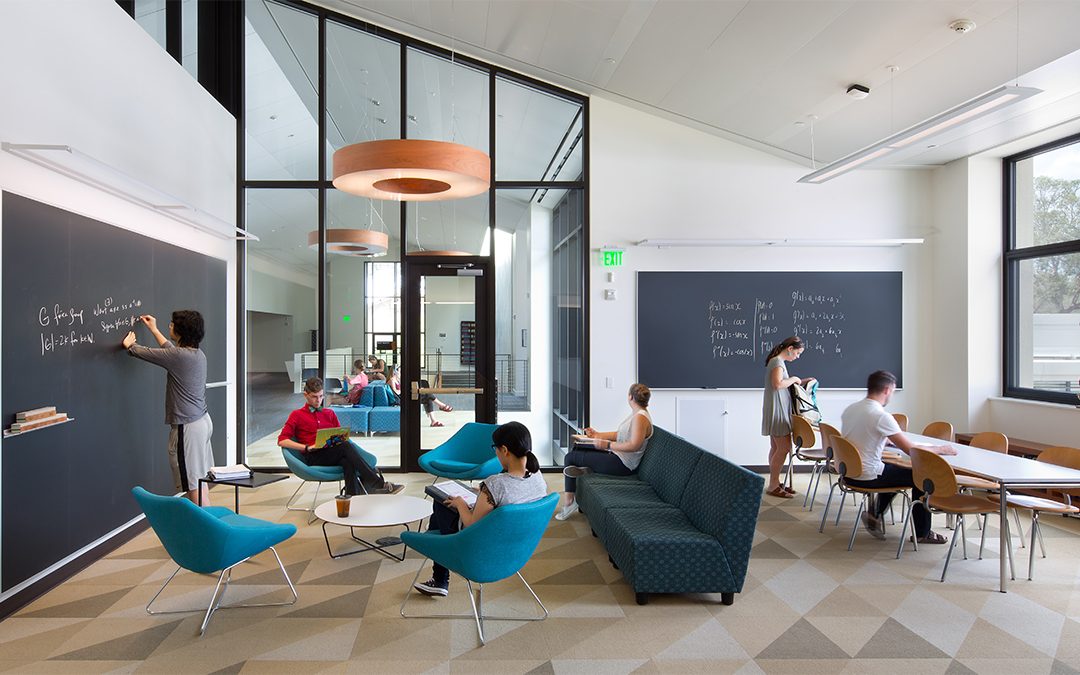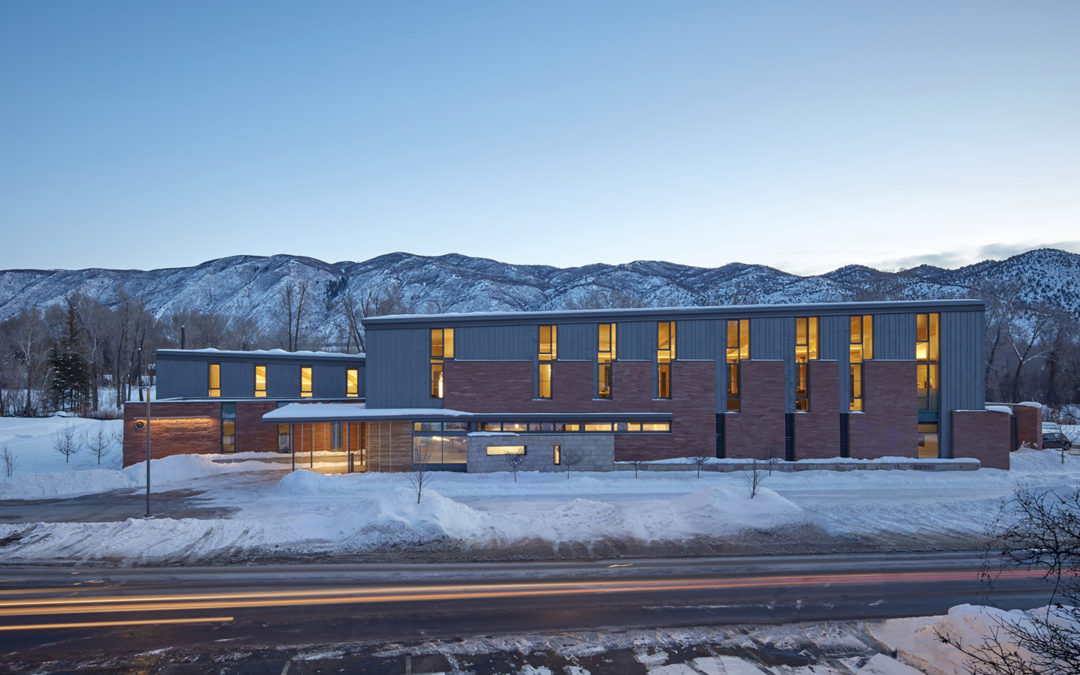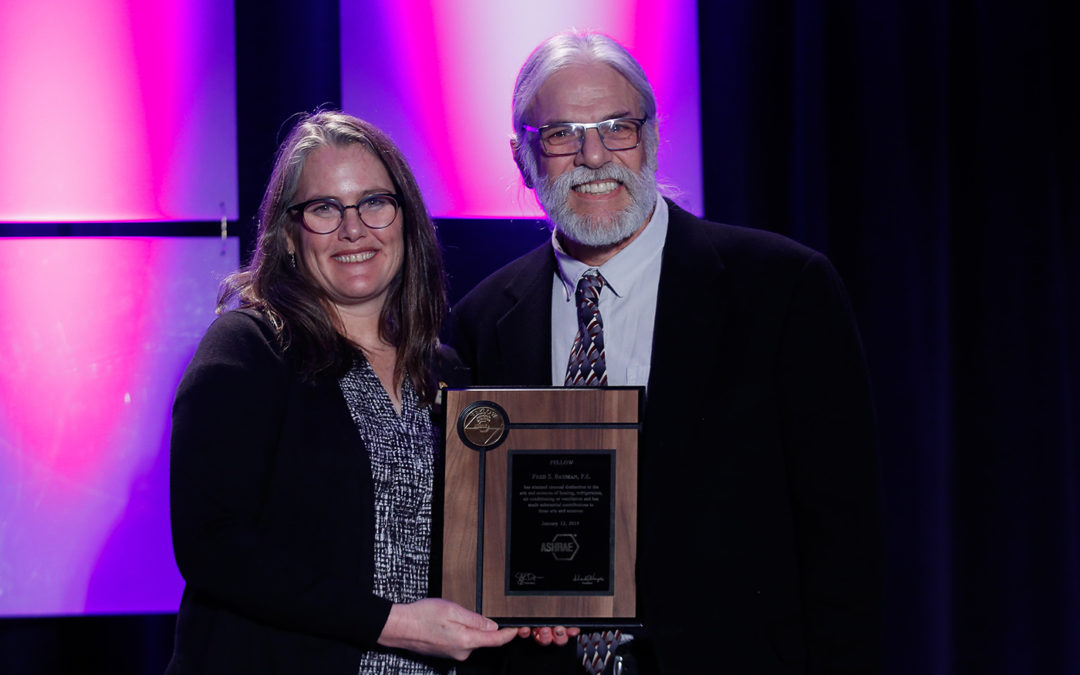
Centerline Team June 21, 2021
This spring, Clark Pacific became the newest member to join CBE’s industry consortium. Soon they will collaborate with CBE and others on research that will advance the development of an innovative precast system that incorporates hydronic radiant heating and cooling, and low-carbon concrete mixes. As CBE’s only prefabricated building member, Clark Pacific brings valuable new perspectives to guide and inform the development of CBE’s research portfolio.
More

David Lehrer April 16, 2019
CBE has released an interactive web-based tool for the early phases of design of high thermal mass radiant systems, that may be used to predict steady-state conditions for both heating and cooling modes, greatly facilitating a standard design practice. However it can also predict dynamic (transient) performance for cooling, taking into account the effects of changing loads and the effects of thermal mass of the building structure.
More

Centerline Team October 15, 2018
Now in its twelfth year, the Livable Buildings Award recognizes projects that demonstrate high occupant satisfaction, excellent design, and innovative operation strategies. This year, we are pleased to announce the Rocky Mountain Institute Innovation Center as the top winner, with an honorable mention for the Pomona College Seaver Laboratory and Andrew Science Hall.
More

Centerline Team September 20, 2018
Project Scientist Fred Bauman recently received the ASHRAE Fellow award, a recognition for those who have distinguished themselves in the HVAC industry. His contributions are based on the extensive research on UFAD that he directed at CBE, leading to deeper knowledge and guidance for these advanced HVAC systems. Recently, he has led a similar efforts to address thermally massive radiant systems.
More

Centerline Team July 14, 2017
Two reports released from UC Berkeley’s Center for the Built Environment provide valuable insights into the effectiveness of radiant cooling and heating systems, a promising HVAC technology that is becoming increasingly used in commercial buildings in North America, including in a high proportion of ultra-low and zero-net energy buildings. These reports reveal how such systems work in practice, analyzing comprehensive data from a large group of buildings in operation.
More





